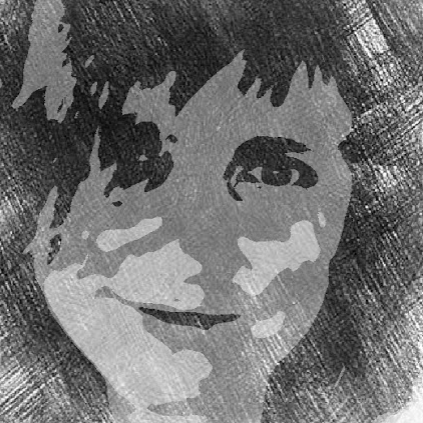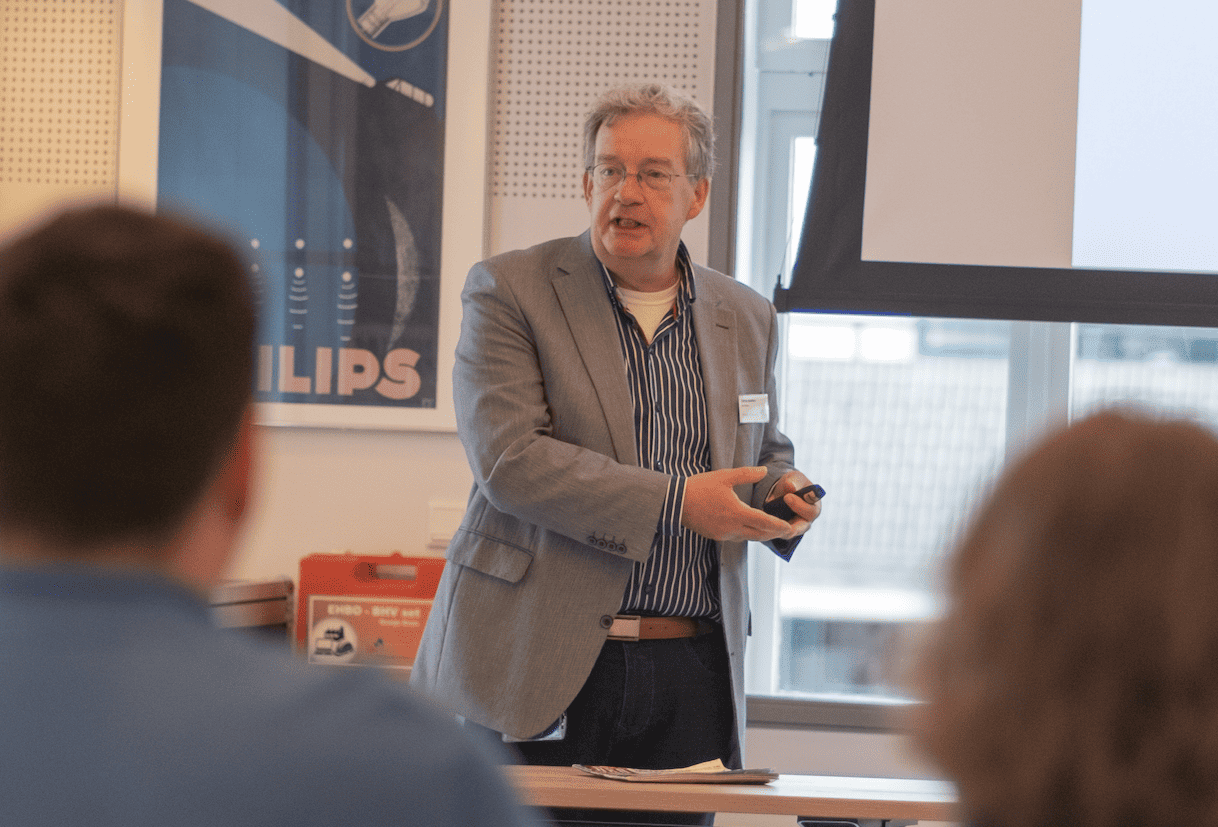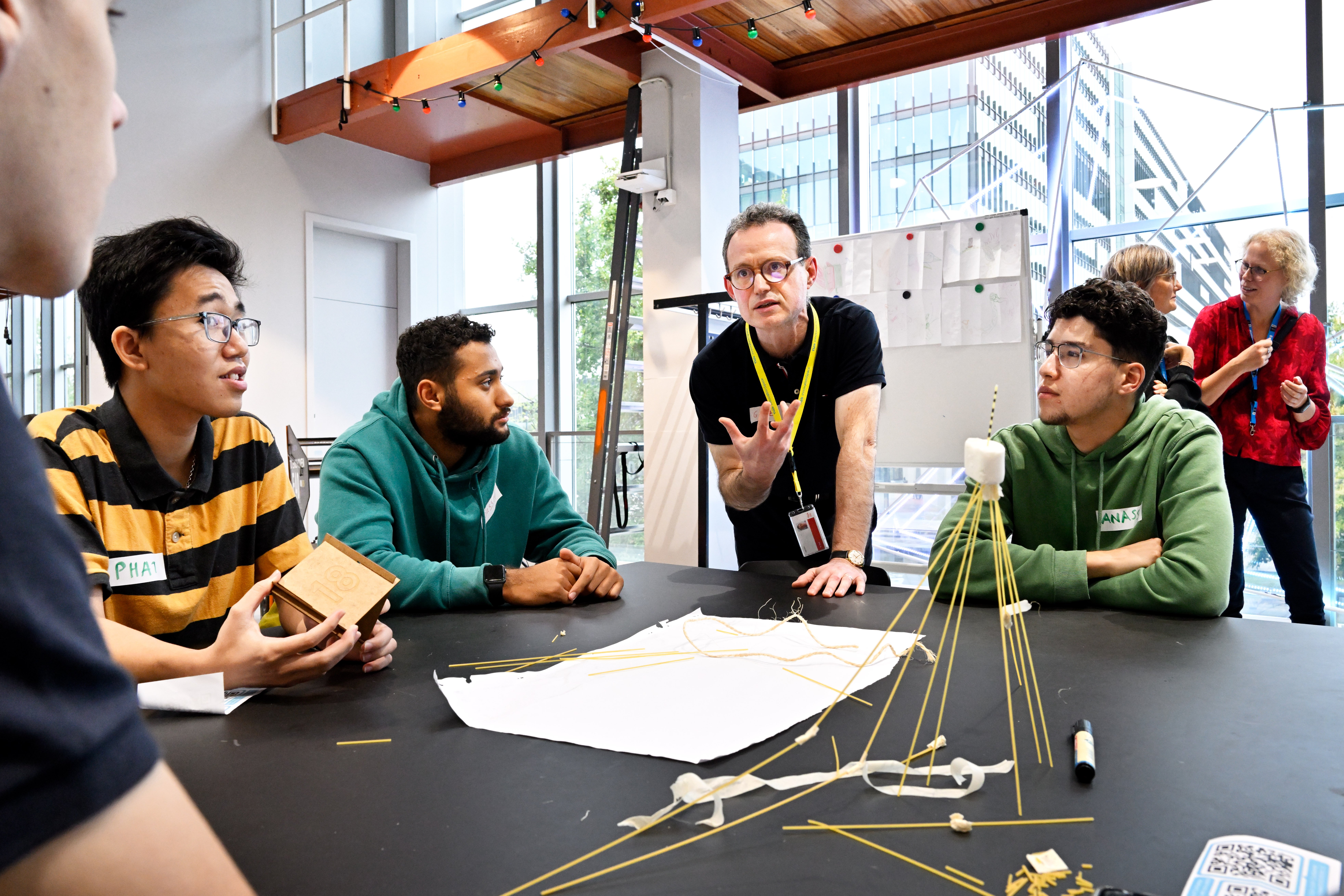
Innovation Origins regularly speaks with ‘innovation leaders’, trendsetters who are high on the innovation ladder. Today, Arko van Brakel has the floor. Van Brakel took over as director of Cleantech Regio this summer. He is going there to help young entrepreneurs make their start-ups successful. He now looks back on his most important experiences with innovation and what he has learned from them.
What is the most innovative thing you’ve done in your life?
“That would undoubtedly be the founding of EuroNet together with Simon Cavendish. I was 25 years old at the time. We were the first company in the world to sell the Internet in a box.”
What was the secret to that success?
We were in the right place at the right time. In the past, I’ve insisted that it was because we had such great vision. But it wasn’t that. In any event, that wasn’t the only thing. It was mainly just a matter of coincidence. I worked at KPN and wanted to leave because I had a monster of a manager. I can safely say that I might not have left at all if she had been kind and normal to me.”
Was having a vision not a factor in EuroNet’s success?
“Yes, absolutely. Back then (in 1994) you only had a few thousand internet users. That might have been a few tens of thousands, counting students. The World Wide Web had only just been invented. There were other providers on the market such as Xs4all, for one. But their products were not very user-friendly.”
What did you bring to the table?
“We made an installation package that included CD-ROMs, a straightforward user manual and a comprehensive cost structure. Consumers had to download software from the internet – free ware. Only nerds were able to do that. Billing was based on the amount of bandwidth people used. Most people had no understanding of that. We put together a package that made it all clear and that was well-organized and that allowed all consumers to install internet on their own home computers.”
Were there any other factors that were key to EuroNet’s success?
“We saw that the Internet offered tremendous opportunities for the consumer market. But we didn’t really see that the market would develop so quickly. I think everyone who says that this tremendous growth was foreseeable is lying a little bit.”
Why did Jamby, the video streaming company you founded with Simon Cavendish and Adam Curry after the success of EuroNet, end up failing?
“Broadband broke through slower than we expected. That was also because the dotcom crisis erupted in 2000. The existing browsers were not capable of supporting video, so that didn’t work. We developed our own browser back then. But most people had only been on the internet for a year or two. If you change the design, then that’s too much for them. We innovated too much in too short a time. That is definitely one mistake that we made.”
The technology for video streaming was in place, but consumers weren’t ready for it?
”Yes. Ben Tiggelaar, who followed on from Bill Gates, said at some point that when it comes to innovation, we overestimate the effects of the short term and underestimate those of the long term. This was also the case here. It was also the mistake that Maurice de Hond made with his company Newconomy, which invested in Internet companies. He was counting on rapid growth. He used to invest in Internet companies on that basis. That growth did come. But it took much more time than he had anticipated. A lot of people made that mistake.”
“Back in the days of jamby, we had already predicted that by the end of the 1990s, people would be watching videos of each other and watching films on the internet. It made perfect sense that this would come to pass eventually. But the masses wasn’t ready for that then. Internet entrepreneurs totally understood us. But the masses only caught on much later.”







